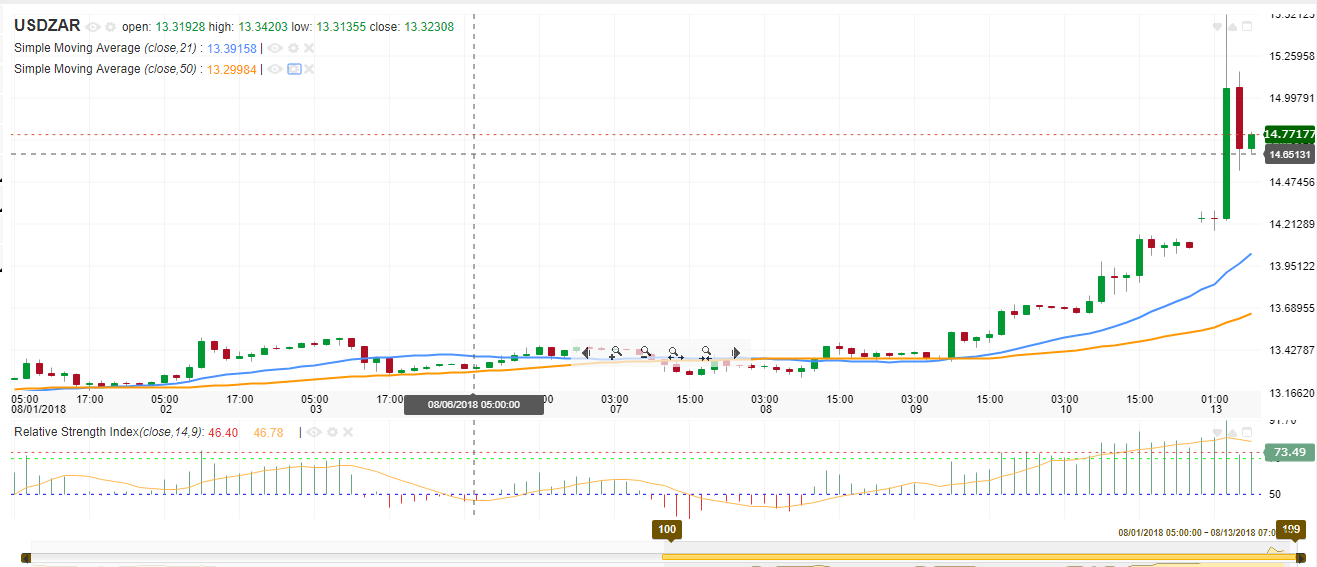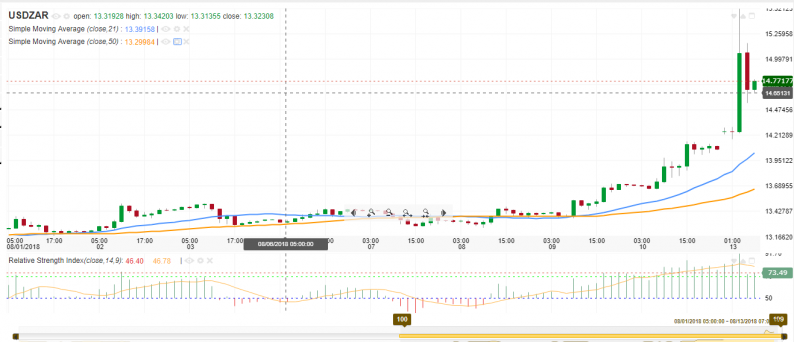The year started well for the South African rand as traders placed their hopes with the new administration. As the year ended, the regime of the corrupt leader, Jacob Zuma ended and he was replaced by his deputy, Cyril Ramaphosa. Ramaphosa was a favorite for investors. As an accomplished businessman, they believed that he would initiate reforms to the country.
However, his young government has been faced with mounting problems. The biggest challenge so far is the issue of land reforms. This year, the parliament passed a bill to take white-owned lands and distribute it to the native South Africans. The goal is to do justice to South Africans who feel marginalized by the white people who own large tracts of lands in the country.
Sadly, this model has been tried in another country and failed. In neighboring Zimbabwe, the government of Mugabe took the land from white settlers and distributed it to the natives. The result was low productivity and Zimbabwe moved from being a bread basket to one of the poorest countries in the world.
Other than the land issue, the mining sector in South Africa has continued to deteriorate. Already, most firms have announced mine closures and more than 20,000 South African miners are expecting to be fired.
This has led the South African rand to be among the worst performers this year. Its value has fallen by more than 20% and has reached $14.75. While the RSI is at 75, the worst could be expected for the South African rand as the fundamentals decline and as the Fed continues to tighten.













Leave A Comment